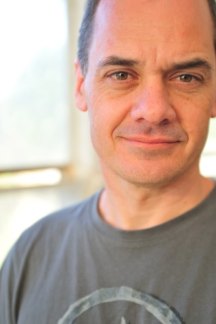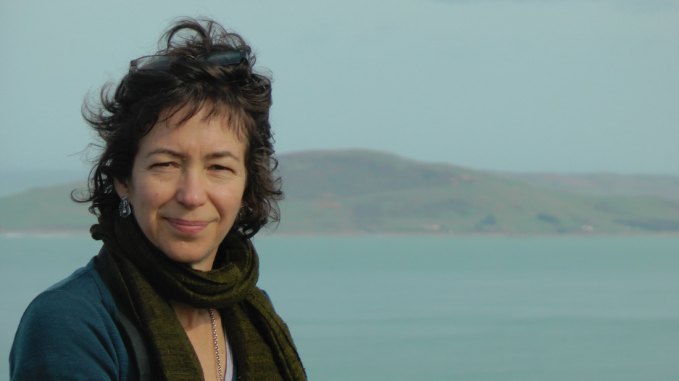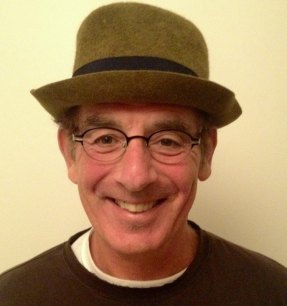
Dunedin Writers and Readers Festival 2017: Word Balm, with Glenn Colquhoun, David Galler and Sue Wootton
It was a mild autumnal night as a nearly sold-out crowd of 100 or so ventured out to listen to three expert witnesses talk about ‘what literature can do for Medicine’. Glenn Colquhoun (above), David Galler and Sue Wootton all have experience in the worlds of medicine and words, and they were a thoughtful expert panel in consideration of this topic.
The three authors read from their work, with Colquhoun and Wootton sharing exquisite poetry that bridges what seems to be the divide between medicine and the arts, perhaps specifically the art of being human. The final line of Colquhoun’s shared poem, written for a teenage client of his medical clinic, expressed with tenderness the remodeling or deconstruction that is perhaps needed when we think about illness and ill-health: ‘learn to love the broken bits’.

Sue Wootton’s poem ‘Wild’ was a reminder of what is at the heart of our human being: ‘Measure my wild. /Down to my last leaf,/my furled, my desiccated. This deciduousness,/this bloom …’ The sharing of this poem followed a discussion of the clinical nature (sometimes thankfully, sometimes awfully) of medicine and the medical tests and interventions that come from living in a bio-technological era.

A lot of the discussion was centred around how to gain/regain human connection in the medical world. At one stage this dialogue considered the role of touch in the professions, and how touch can be more than just the corporeal laying on of hands, although that, too, was discussed as sometimes fitting. Galler (above) shared his experience of having a serious accident, and the recognition from the staff upon being admitted to hospital. They wanted to talk; he needed the morphine. To Galler, the sharing of this anecdote expressed the subtle and artistic evaluations medical practitioners need to make in the moments, and how crucial and important these are to a patient’s sense of humanity. The ‘touch’ here could be in assessing with compassion what is most needed in the moment.
Glenn Colquhoun’s metaphor further exploring this, in which he compared his role as doctor with that of a surfer catching waves, was perfect; if you wait too long or take off too soon, you miss the wave. This, he said, is like the art of listening that occurs in the relationship with a patient; you need to feel out when it is time to talk and time to listen; when it’s time to move forward and to move back. Here, the ‘touch’ is in the words, or their absence.
I left the discussion wishing, as Colquhoun also mentioned, that the medical world was not so separate from the human, everyday one we exist in. If, as he says, the ‘white walls and white sheets’ could be or become more integrated with our lived experience, perhaps it wouldn’t be such a scary and sometimes isolating place to inhabit, as we all inevitably do, either as patient or family member.
Event attended and reviewed by Lara Liesbeth on behalf of Booksellers NZ
Word Balm – An event at Dunedin Writers and Readers Festival 2017
Featuring Glenn Colquhoun, Sue Wootton and David Gellar
Programme for the DWRF, running from 9 – 14 May

No comments:
Post a Comment